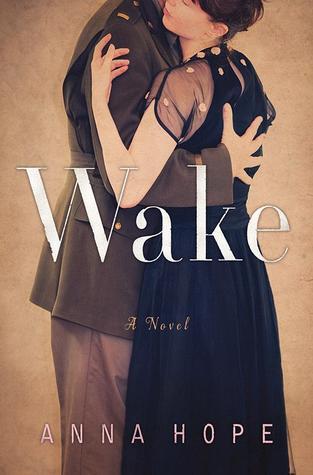
Held
Book Description
What if love could bridge the distance of a shattered past? In 'Held' by Anne Michaels, haunting memories intertwine with the pulse of the present, as two souls navigate the wreckage of their shared history. Tension crackles in the air, drawing you into a world where every glance holds unspoken secrets and every touch stirs buried pain. As the characters confront their deepest fears and desires, the line between hope and despair blurs, leaving a trail of emotional wreckage that cannot be ignored. Will they find solace in each other or lose themselves to the shadows of what once was?
Quick Book Summary
"Held" by Anne Michaels is a lyrical exploration of love, memory, and the aftermath of war. Set against a Canadian historical backdrop, the novel follows two characters bound by a shared, tumultuous past. As they attempt to reconcile the pain and trauma inflicted by war and personal loss, the narrative delves deep into the fragile equilibrium between hope and despair. Michaels' poetic prose weaves together past and present, using fleeting moments and gestures to reveal unspoken wounds and enduring longing. The protagonists must confront whether the shelter of each other's arms is enough to heal their brokenness or if the shadows of former tragedies will forever keep them apart. Through evocative imagery and emotional depth, "Held" examines what it means to be bound by memory while seeking redemption in connection.
Summary of Key Ideas
Table of Contents
The Lingering Impact of War and Trauma
Michaels opens "Held" amid echoes of conflict and loss. The story’s characters, rooted in the turbulence of wartime Canada, navigate the emotional debris left by violence and dislocation. These early chapters detail personal histories shaped by trauma—experiences that color every relationship, glance, and decision. The prose establishes a landscape where the past is never fully behind, and history seeps into the present through both memory and the physical remnants of devastation.
Memory as Both Burden and Sanctuary
Central to the novel is the theme of memory—not merely as recollection but as a force that shapes and even distorts reality. The protagonists are haunted by vivid remembrances, sometimes tender, often agonizing. These memories become both a link and a barrier: they foster intimacy through shared knowledge but also isolate the characters in their private pain. Michaels masterfully interrogates the way memory can offer sanctuary—preserving fragments of lost joy—even as it imprisons individuals in cycles of regret and sorrow.
Love as a Source of Healing and Pain
Love, in Michaels’ hands, becomes both an antidote and aggravator of pain. The protagonists’ relationship is marked by tentative gestures and unspoken understanding. Held together by longing and shared suffering, they seek solace in each other, but the emotional scars of their pasts impose limits on their connection. The novel expands on the duality of love: it promises healing and belonging, yet it remains vulnerable to the shadows of loss, potentially deepening wounds when reconciliation falters.
The Search for Identity and Belonging
As the narrative unfolds, issues of personal and collective identity take center stage. The characters struggle with questions of selfhood, shaped by cultural inheritance and the expectation to overcome or embody historical trauma. This search for belonging—to each other, to family, to a scarred nation—drives much of the drama. Michaels uses this tension to highlight the difficulty of forging authentic relationships when one’s sense of self is fragmented by history.
The Tension Between Hope and Despair
Ultimately, "Held" balances on the precipice between hope and despair. The prose lingers on moments of possibility: a touch, a conversation, a fleeting moment when pain gives way to tenderness. But the threat of emotional destruction always looms. The novel does not offer easy resolution, instead honoring the complexity of recovery and the ongoing negotiation between healing and hurt. In this, Michaels underscores the courage required to risk intimacy in the aftermath of unimaginable loss.
Download This Summary
Get a free PDF of this summary instantly — no email required.





